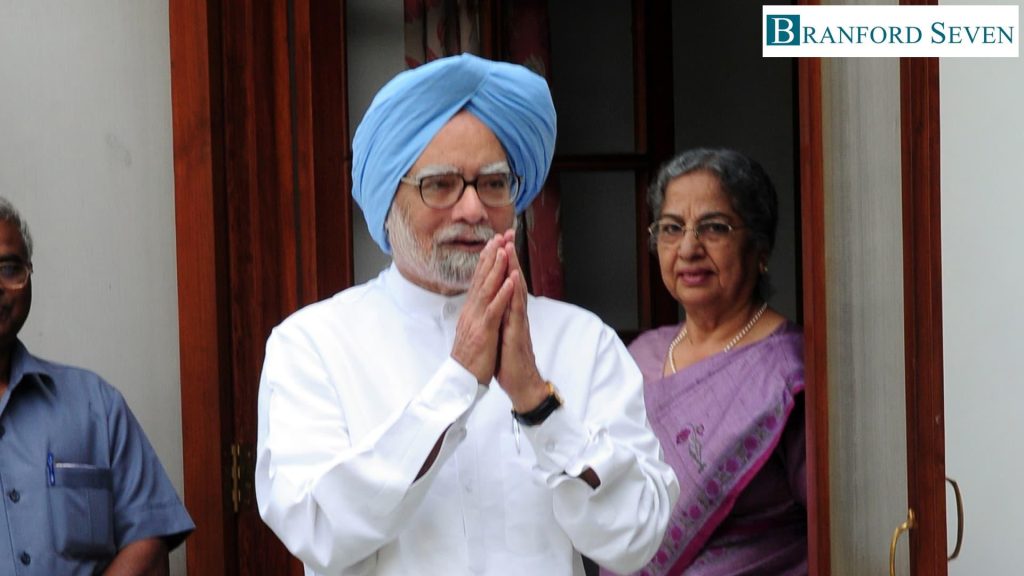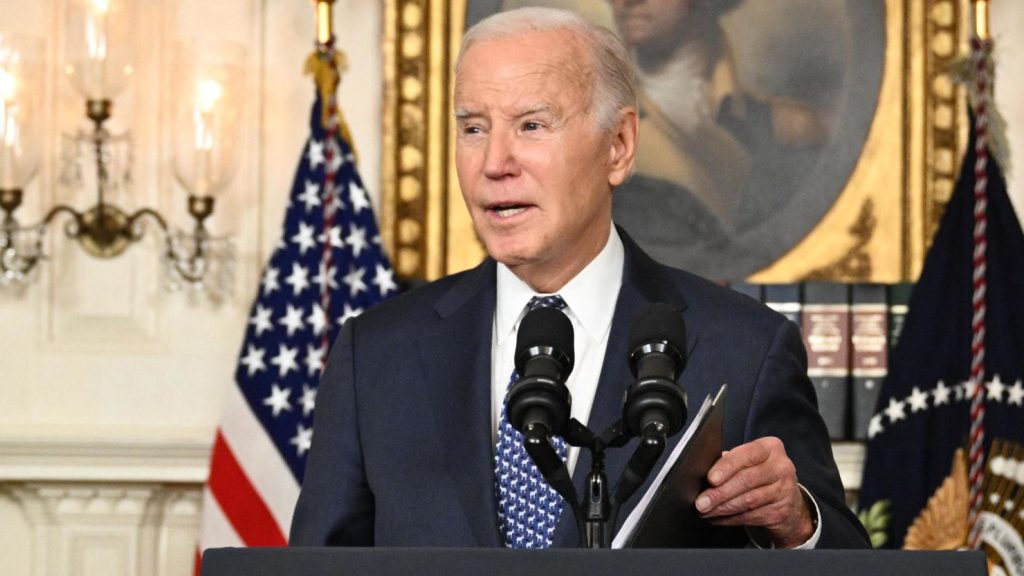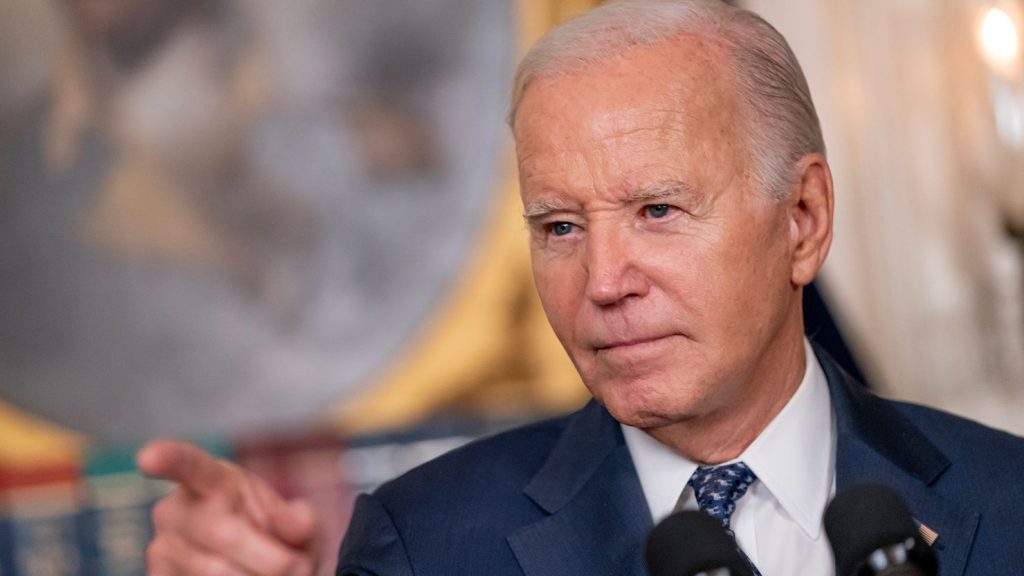On December 26, 2024, former Indian Prime Minister Manmohan Singh passed away at the age of 92, leaving behind a profound legacy that shaped India’s economic landscape and foreign relations. Singh’s leadership marked a significant turning point in India’s history, as he played a critical role in sparking economic reforms and enhancing India’s global standing. His death has prompted an outpouring of tributes from political and business leaders across the nation and beyond.
A Tribute from Political Leaders
Political figures from all over India are taking a moment to remember Singh’s contributions. Prime Minister Narendra Modi stated that Singh was a distinguished leader and a respected economist, highlighting Singh’s pivotal role in reforming India’s economy in the 1990s. During his service as Finance Minister, Singh implemented policies that opened up India’s economy to foreign investments and made it one of the fastest-growing economies in the world.
Beloved by Many
Comedian Vir Das shared his own unique tribute, recalling how he made jokes about Singh during prime-time news segments when he was starting out in comedy. Das noted that Singh’s office knew about the jokes, yet there was never any concern. This ability to embrace humor, according to Das, showed Singh’s strength and confidence as a leader. In a world where politics sometimes seems overly serious, Singh’s good-natured ability to laugh at himself sets him apart.
Kerala’s National Mourning
The state of Kerala is honoring Singh by observing a seven-day period of national mourning. Kerala Chief Minister Pinarayi Vijayan praised Singh for upholding the secular and democratic principles of India while also highlighting his economic expertise. Flags were lowered to half-mast, and official events were canceled to mark the somber occasion. Even those with differing political views recognize the significant impact Singh had on the nation.
Economic Reforms That Changed Lives
Singh’s most notable achievements include pioneering economic reforms that launched India into a new era of growth. He assumed office as Prime Minister in 2004, following a surprising turn of events that saw him take the role after Sonia Gandhi declined the position. Under his leadership, various social welfare programs were initiated, including the Right to Information Act (RTI) and the Mahatma Gandhi National Rural Employment Guarantee Act (MGNREGA), which provided financial assistance and job security to millions of Indians.
Challenges and Criticism
While Singh’s tenure saw significant growth initially, it was also marked by challenges such as allegations of corruption and slowing economic growth in his later years. Despite these challenges, Singh remained a figure of respect and integrity in the political sphere. His ability to navigate tough situations earned him admiration, even from those who initiated critiques against him.
| Event | Date |
|---|---|
| Sworn in as Prime Minister | May 22, 2004 |
| UPA wins general election | 2004 |
| Confidence vote on Indo-US nuclear deal | 2008 |
| UPA loses general election | 2014 |
Lasting Legacy
As tributes pour in from around the globe, it’s clear that Manmohan Singh’s influence extends far beyond his years in office. His leadership not only transformed India’s economy but also fostered a sense of global cooperation, especially in strengthening ties with the United States and Russia. As we reflect on his life, many will remember him as a leader dedicated to the principles of democracy, economic growth, and social welfare.



